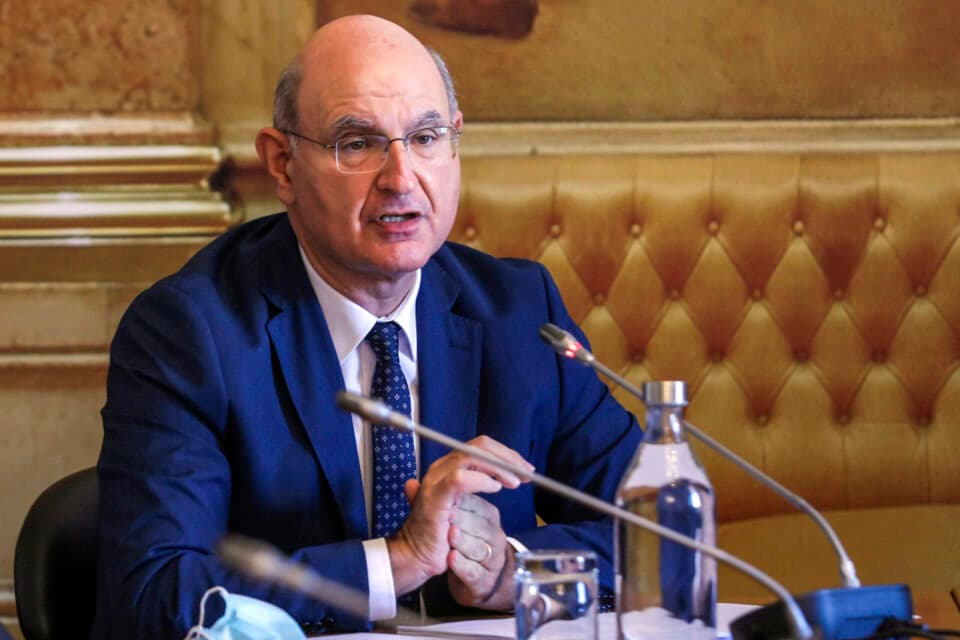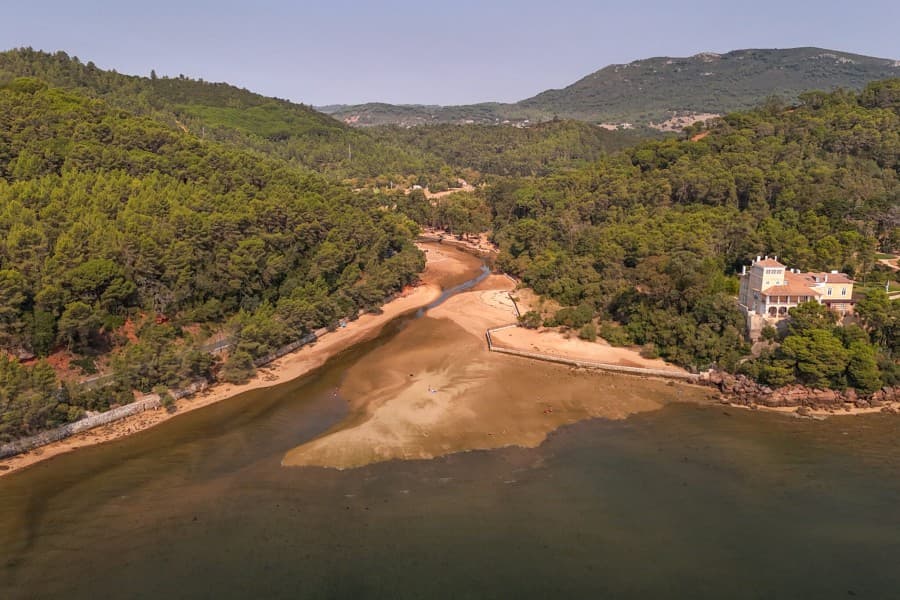Portuguese Land Registry Failure Exposed in Wildfire Debate, Highlighting Investor Risk
A government debate in the Portuguese parliament concerning recent catastrophic wildfires has officially brought a critical legislative failure to public attention: the lack of a complete national land registry, or 'cadastro'. The discussion revealed that the state is unable to identify the owners for more than half of the mainland territory, a fact that severely complicates fire prevention and exposes a fundamental risk to property investors.
The specific details of this regulatory gap are stark. According to official data from the Balcão Único do Prédio (BUPi), the government's own land registry portal, only 36% of the nation's land area is correctly registered. This means that for the majority of the country, property boundaries are not legally defined, and ownership cannot be definitively proven. This legislative void has been a long-standing problem but was cast into sharp relief during the debate on the fires that have destroyed 250,000 hectares.
The implementation timeline for a complete and functional land registry has been a topic of discussion for years, but progress has been exceptionally slow. The current system's failure means there is no effective date by which property owners can expect legal certainty. This ongoing ambiguity continues to undermine structural reforms for forest management and creates significant legal uncertainty for property transactions.
This issue affects all property owners, but particularly those in rural and semi-rural areas. For foreign investors, the situation presents a major due diligence challenge. Without a clear and legally binding registry, purchasing land or property comes with the inherent risk of future ownership disputes, boundary conflicts, and difficulties in obtaining planning permissions or selling the asset. The problem compromises the very foundation of secure property rights.
The compliance requirements for property owners are themselves complicated by the registry's failure. While owners are legally required to manage their land to prevent fires, identifying the responsible party is often impossible. The parliamentary debate saw Mariana Leitão of the Iniciativa Liberal party criticize the government for rejecting proposals to simplify the legislation that regulates property owners, highlighting the ongoing political stalemate.
There are currently no clear penalties for the state's failure to complete the registry, but the consequences are severe, as seen in the uncontrollable spread of wildfires. For individual property owners, the lack of registration can lead to an inability to enforce their rights, effectively leaving their investment unprotected. The situation creates a legal grey area where responsibility is diffuse and action is paralyzed.
The industry reaction to this long-standing issue is one of deep frustration. Developers, forestry managers, and legal professionals have for years called for a comprehensive reform of the territory. In the debate, Rui Tavares of the Livre party echoed these sentiments, stating, “We have a system that makes no sense,” and insisting that the issue requires more than just a “seasonal debate.”
Legal professionals interpret the situation as a critical vulnerability in the Portuguese legal framework for property. The inability to provide a clear chain of title for a majority of the country's land is a fundamental failure that deters investment and complicates the management of the territory on a massive scale. The problem is not a lack of laws, but a failure of their implementation and administration over decades.
The government's rationale for the slow progress has often pointed to the complexity of the task, the fragmented nature of land ownership, and historical inheritance issues. However, critics in the debate, such as André Ventura of the Chega party, dismissed these explanations, blaming government “incompetence” for the lack of progress.
It is unclear if any related legislation or new regulations will follow this latest debate. Prime Minister Luís Montenegro, while defending his government's actions in combating the fires, acknowledged the need to “prevent new tragedies,” but offered no concrete new timeline for completing the land registry. The focus remained largely on the immediate crisis rather than the underlying structural cause.
Resources available for investors to navigate this issue are limited primarily to hiring specialized legal teams to conduct extensive, and often expensive, due diligence on any potential land acquisition. This involves historical research, topographical surveys, and attempts to identify neighboring owners, a process that the state itself has been unable to complete.
Navigate Portuguese property regulations and the challenges of the land registry with expert guidance at realestate-lisbon.com.




